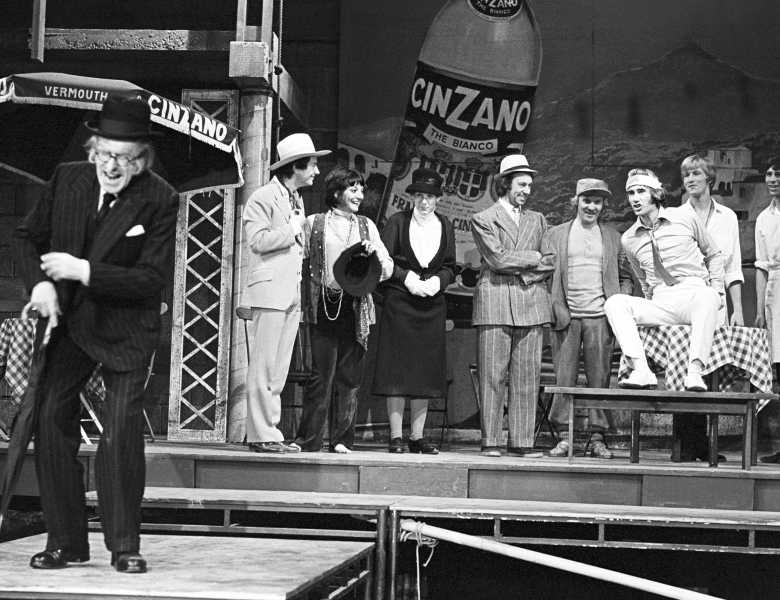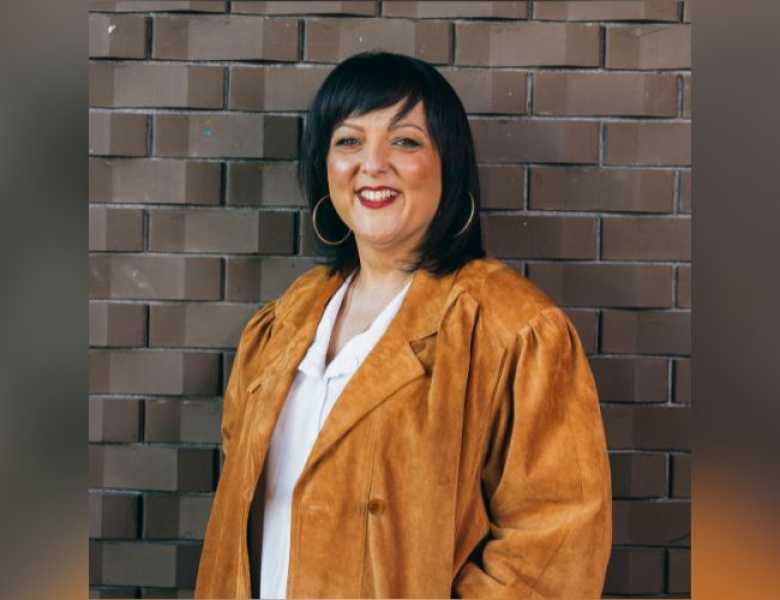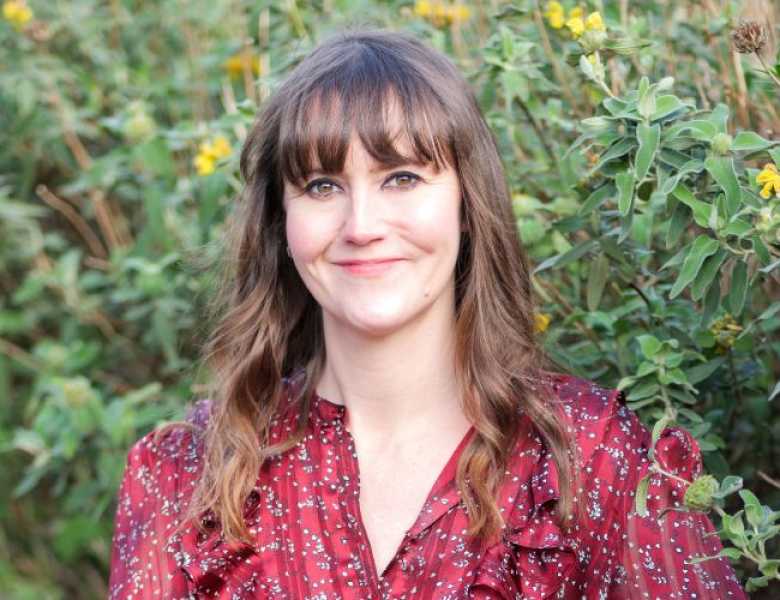Box Office
- CALL: 020 7922 2922
- EMAIL: boxoffice@youngvic.org
Visit us
Young Vic, 66 The Cut, Waterloo
London , SE1 8LZ
Newsletter Sign up
Sign Up TodayWith Carrie Cracknell and Lucy Guerin's production of Macbeth now playing in our Main House (until 23 Jan), Andrew Dickson discusses Shakespeare's supernatural tragedy.
What do we see when we see Macbeth? All Shakespeare’s plays are many-faceted; Macbeth is almost agonisingly so. To watch the play is to puzzle at the multiplying questions it raises. What really impels the hero? Straightforward lust for power and blood, or are there more mysterious forces at work? What drives on his wife, and their relationship, simultaneously so loving (“dearest chuck …”) and yet so coldly brutal? Do we believe Lady Macbeth when she claims to have “given suck” to a child (their child? what has happened to it?), and yet also that she would “dash the brains out” in an instant? Like the “fatal vision” of a dagger that teases and torments Macbeth on his way to Duncan’s chamber, the answers hover just out of reach. We have them, and we have them not.
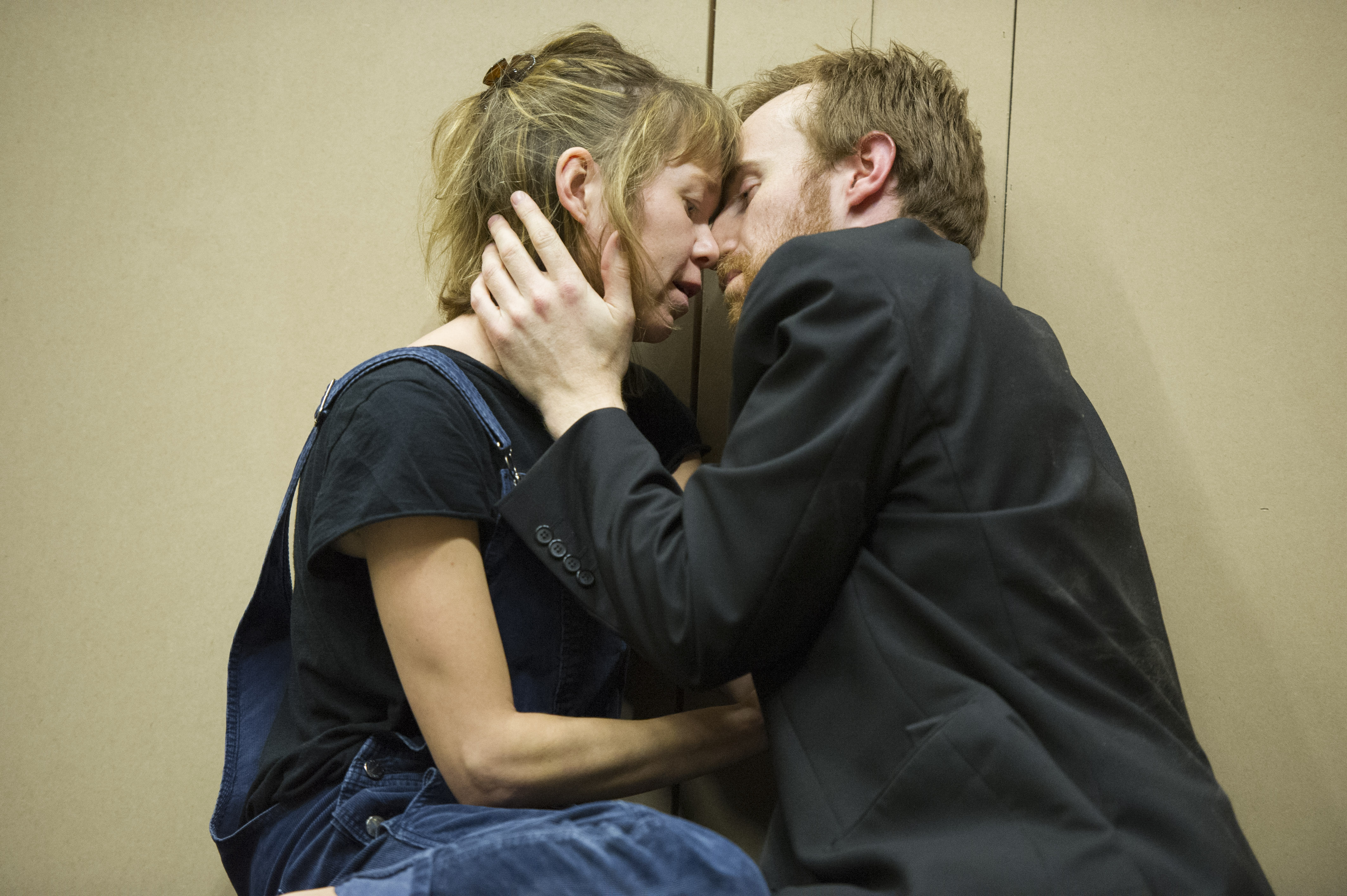 Anna Maxwell Martin and John Heffernan in rehearsal for Macbeth. Photo by Richard Hubert Smith.
Anna Maxwell Martin and John Heffernan in rehearsal for Macbeth. Photo by Richard Hubert Smith.It might be said that such instabilities are encoded in the play’s DNA. Macbeth is a drama of weaselling words, of language blurred and intentions obscured, even from the people who harbour them. Macbeth himself is surely right to state at the outset that, if the Witches are right and that everything is pre-ordained, “chance may crown me | Without my stir” – but why, then, does he leave nothing to chance, murdering everyone who stands in his way? One thinks of his soliloquy early in the play, which begins “If it were done when ’tis done, then ’twere well | It were done quickly …” So apparently straightforward to begin with – “it” being Duncan’s murder – the words begin to clot and congeal in Macbeth’s mouth even as he speaks them.
Macbeth is unusual among Shakespeare’s plays in existing in only one text, which was printed after his death in the 1623 First Folio, the earliest collected edition of his works. But it shows signs of having been edited during his lifetime, perhaps by his younger colleague Thomas Middleton, who gave the Weird Sisters a pair of musical numbers and added scenes in which the goddess Hecate appears on stage. These adjustments were most likely made for a revival, perhaps around 1613. Restaging the play in the 1660s, William Davenant offered an “improved” version in which the Witches not only sang, but flew across the stage, and which underlined the hero’s similarity to the dastardly Oliver Cromwell. Pepys enjoyed the production so much that he saw it eight times.
It is easy to scoff at such reworkings, but the play has never stayed quite the same. The great actor-impresario David Garrick restored much of Shakespeare’s text in 1744, including the death of Lady Macduff and her children, but found it too much of a wrench to give up Davenant’s Witches, and wrote a new closing soliloquy for himself in the lead (“I dare not ask for mercy – | It is too late, hell drags me down …”). For Charles Macklin a generation later, Macbeth was chiefly an opportunity to show off “authentic” Highland dress.
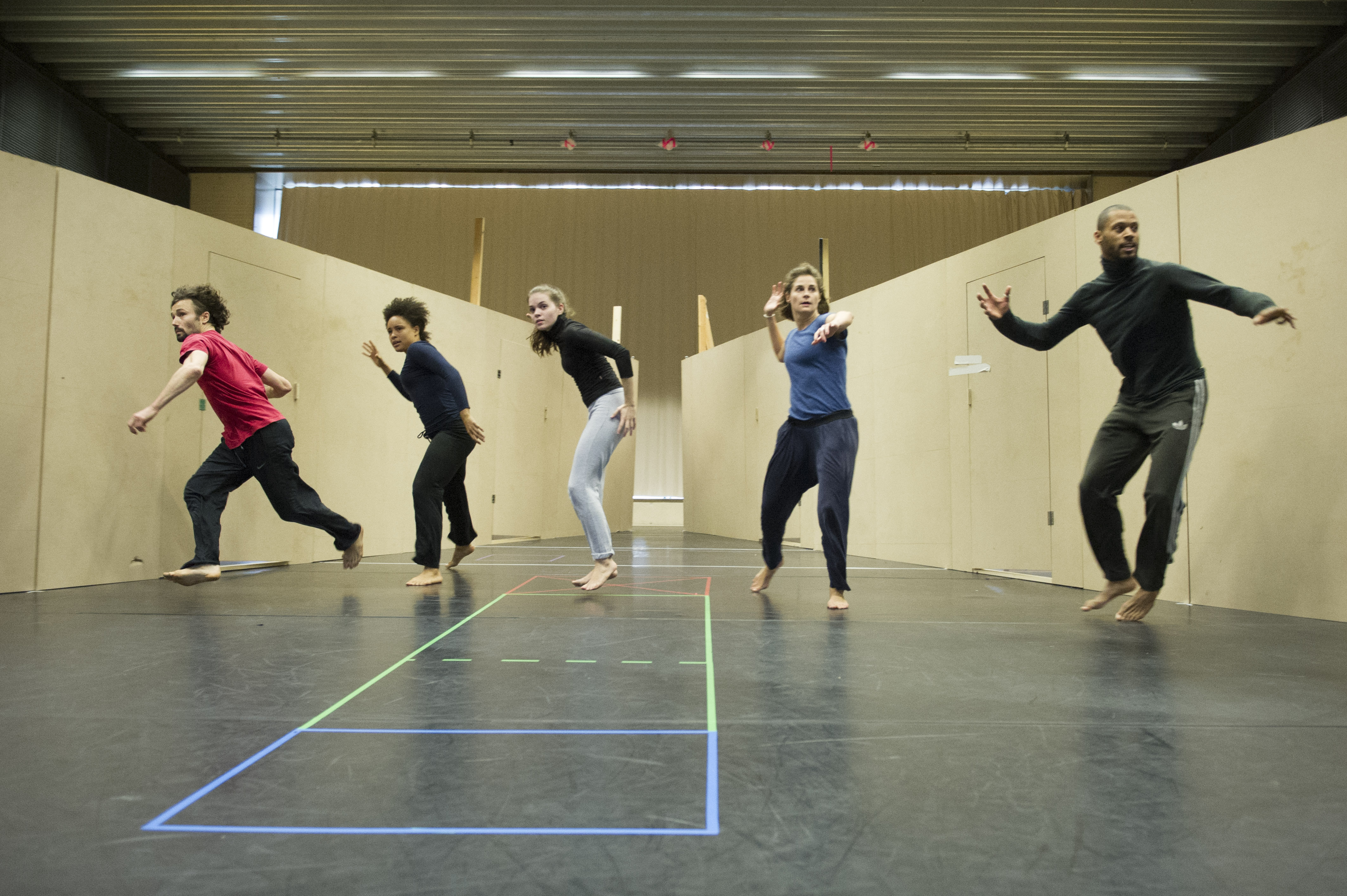 The Macbeth company in rehearsal. Photo by Richard Hubert Smith.
The Macbeth company in rehearsal. Photo by Richard Hubert Smith.In the years since, Macbeth’s shape has kept shifting, particularly outside the close confines of the British theatrical tradition. Akira Kurosawa’s superlative cinematic rendition, Throne of Blood (1957), relocates the action to feudal Japan and retains not a single word of Shakespeare’s script; Welcome Msomi’s reworking, uMabatha (1970), imagines what the play might look like in traditional Zulu society. During the 1975 Emergency in India, the insurrectionary theatremaker Utpal Dutt, finding his own scripts banned, staged a Bengali version as direct protest against Indira Gandhi’s autocratic government. In China, a bleak Mandarin-language version by director Xu Xiaozhong appeared on stage four years after Chairman Mao’s death. To audiences who had lived through the Cultural Revolution, the echoes of a ravenously powerful leader “so steeped in blood” were too obvious to need pointing out.
All these Macbeths are different; all of them differently true to the play. Like every piece of living theatre, Macbeth will never be only one thing: every time we hold it up to the light it will refract something else. Who knows what strange images it will show us next?
Andrew Dickson’s Worlds Elsewhere: Journeys Around Shakespeare’s Globe is out now from Bodley Head
Macbeth plays in our Main House at the Young Vic until 23 January 2016. Book now.
